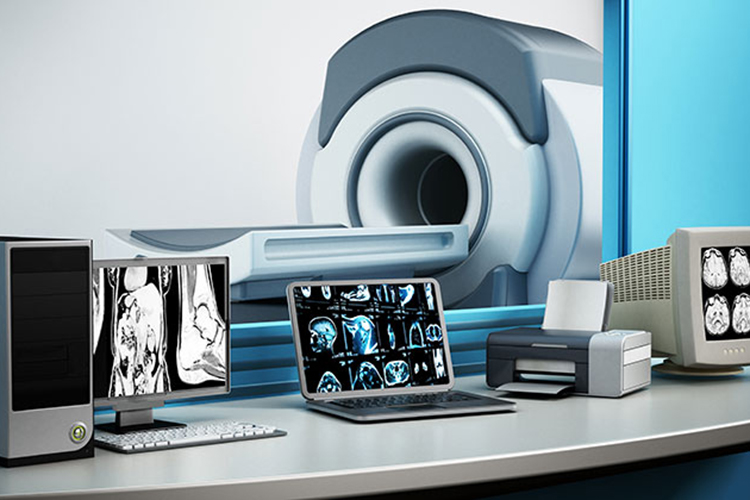Overview
-
One year program
-
Industry Accreditation
-
Full program offered at
-
Consequences of Criminal Conviction, Notice of Potential Ineligibility for License
-
Lone Star College Health Occupation Programs Admissions Policy
-
Licensure - Employment in this field requires Texas licensure from the Texas Medical Board/ American Registry of Radiologic Technologists (State & National).

Have questions that can't wait?
Medical Radiologic Technology Department
Program Pathway
"I love this school. They have given me a new outlook on my career and I would not change anything for the world."
STACEY B.

